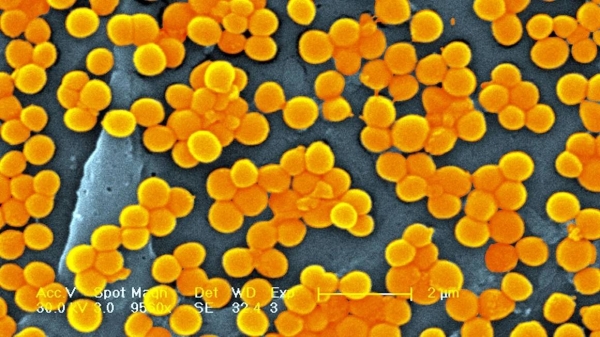The number of lives lost worldwide due to infections that are resistant to medications is projected to increase by nearly 70% by 2050, as per a new study published in The Lancet. Antimicrobial resistance (AMR) occurs when pathogens like bacteria and fungi develop the ability to evade the medications used to kill them. The misuse and overuse of antimicrobial medications in humans, animals, and plants are key drivers of AMR, making it a top global public health and development threat. The study estimates that by 2050, over 39 million deaths could be directly attributed to AMR globally.
The study, led by Dr. Chris Murray of the University of Washington, examined deaths and illnesses related to AMR across 204 countries from 1990 to 2021. The researchers found a decline in AMR deaths among children under 5 but an increase among adults aged 70 and older – trends that are expected to continue. The pathogen-drug combination causing the most burden among all age groups was methicillin-resistant Staphylococcus aureus (MRSA), with a significant increase in the number of attributable deaths.
The researchers projected estimates for 2050 in three scenarios: if current practices continue, if new antibiotic drugs are developed, and if access to quality healthcare and antibiotics improves. Without intervention, deaths from AMR are forecasted to increase significantly by 2050. The regions most affected by AMR are South Asia, Latin America, and sub-Saharan Africa, where access to quality healthcare is limited, exacerbating the problem.
In a scenario where the world has better healthcare, the researchers forecast that 92 million deaths could be averted between 2025 and 2050. Further, if new, potent drugs are developed, around 11 million cumulative deaths could be avoided. The study, which provides a comprehensive assessment of AMR, highlights the need for investments and targeted actions to address the growing challenge of antimicrobial resistance worldwide.
Dr. Steffanie Strathdee, who was not involved in the study, emphasized the personal toll of AMR, citing her husband’s near-death experience from a superbug infection. Through phage therapy, her husband was able to recover from an antibiotic-resistant bacterial infection. Strathdee urges for a shift towards alternatives to antibiotics, like phage therapy, and emphasizes the importance of reducing antibiotic use in livestock, food production, and the environment to combat AMR.
The study offers hope for reducing the burden of antimicrobial resistance by improving access to antibiotics, newer antimicrobial medications, vaccines, clean water, and quality healthcare globally. By scaling up interventions and addressing the root causes of AMR, such as overuse of antibiotics, it is possible to significantly decrease the number of deaths attributed to antimicrobial resistance in the future. This highlights the importance of collaborative efforts to tackle this pressing global health issue.










